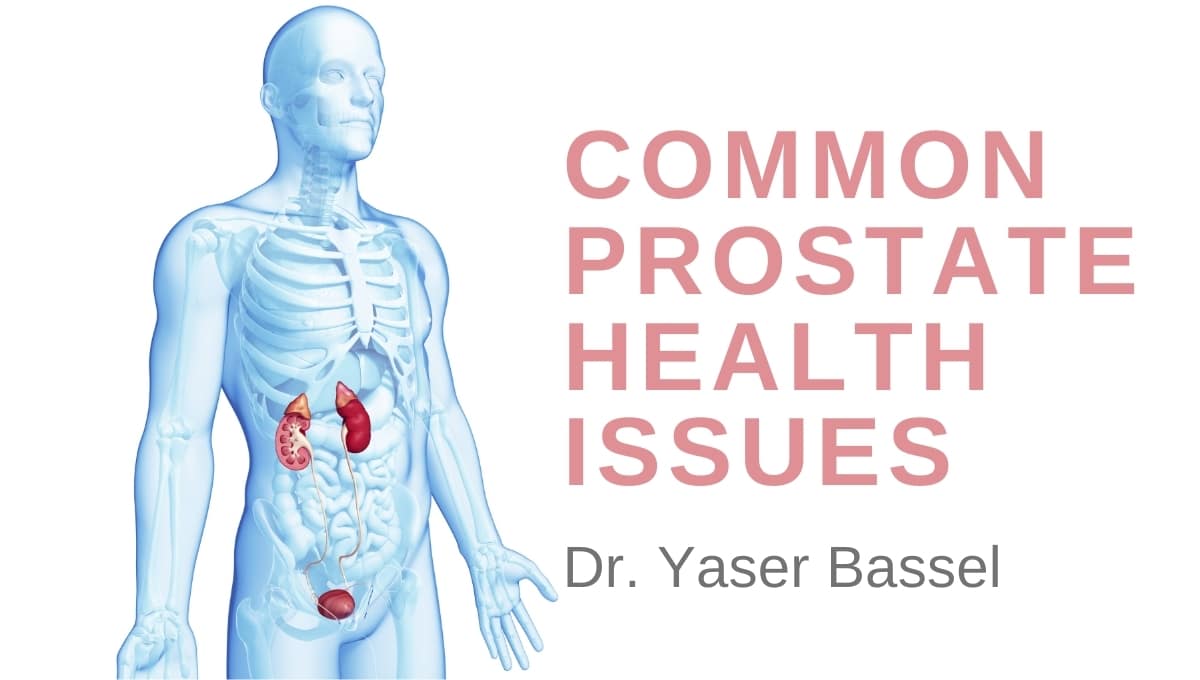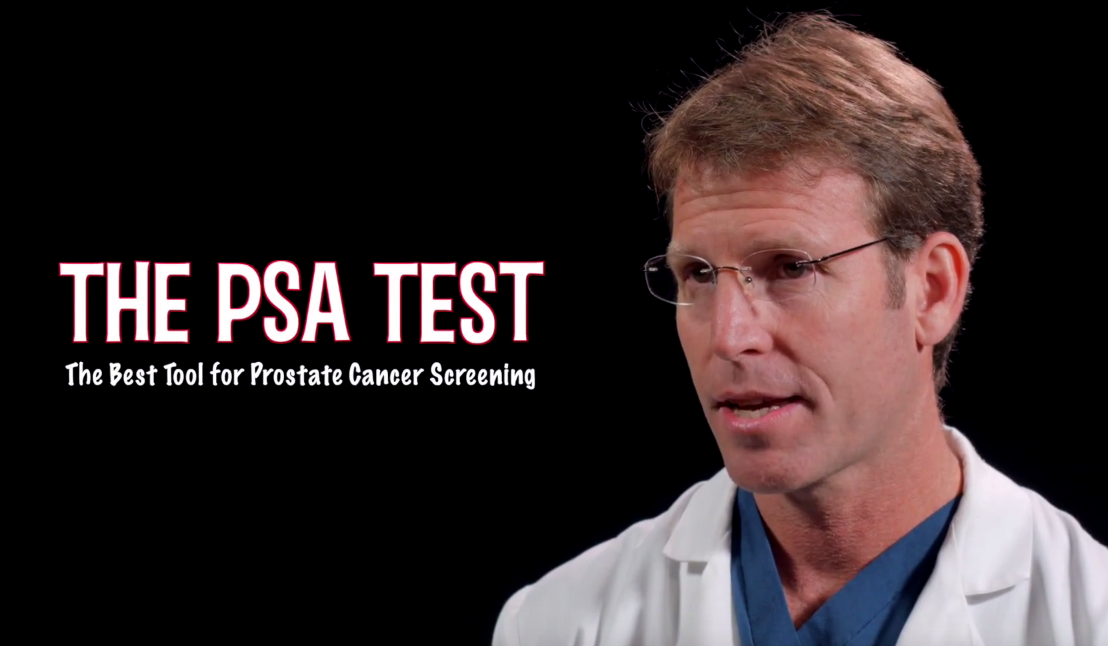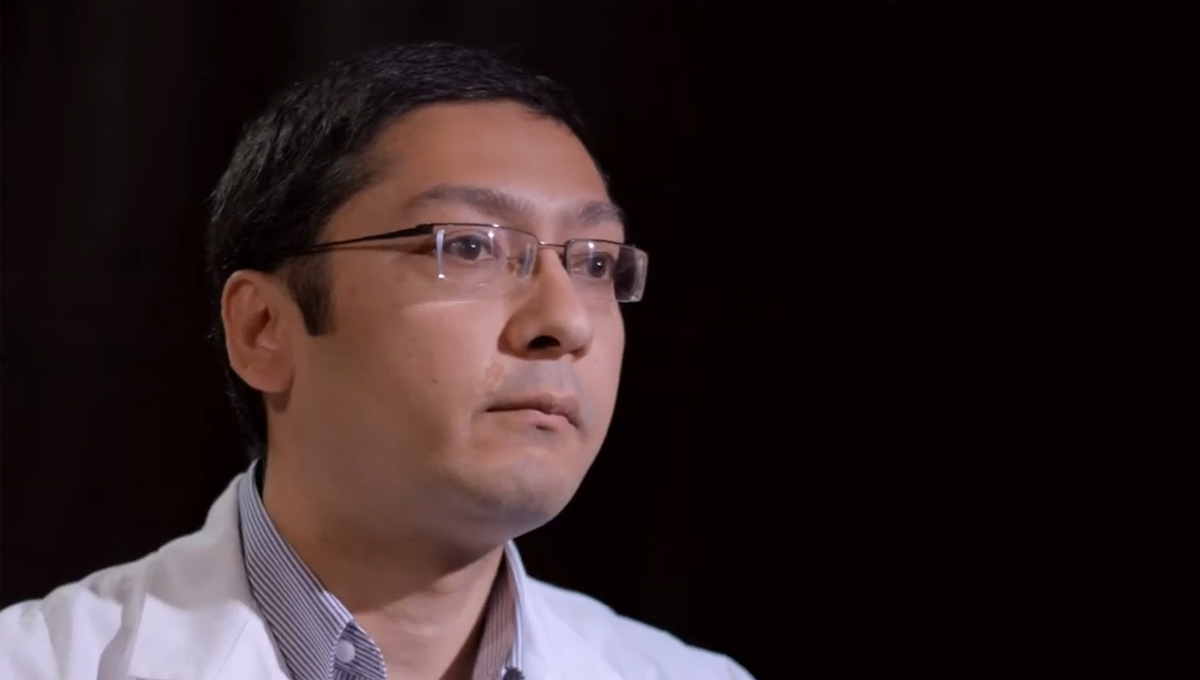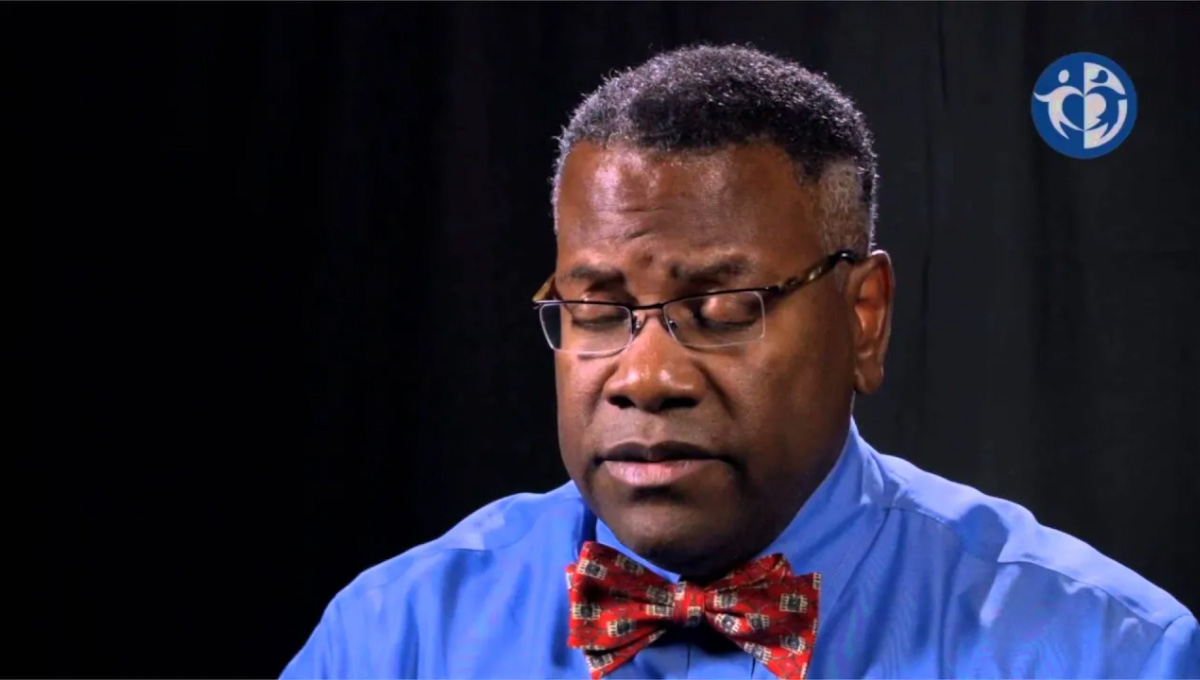Introduction
Prostate cancer is a common concern for men, but advancements in treatment options have improved patient outcomes and recovery experiences. Dr. Saumil Karavadia, a leading urologist in Oxford, FL, shares his expertise on what patients can expect during recovery from prostate cancer treatments, including radiation therapy and robotic surgery.
Radiation Therapy: A Well-Tolerated Treatment
According to Dr. Karavadia, radiation therapy for prostate cancer is extremely well tolerated by patients. The treatment process is typically quick, allowing patients to return to their daily activities, such as golfing, shortly after receiving therapy. Additionally, radiation therapy tends to have minimal side effects, making it an attractive option for those requiring prostate cancer treatment.
Robotic Surgery: A Game Changer for Prostate Cancer Treatment
Robotic surgery has revolutionized prostate cancer treatment, offering patients a less invasive and quicker recovery option. Dr. Karavadia explains that patients undergoing robotic surgery for prostate cancer can expect a hospital stay of less than a day or up to 24 hours. Following surgery, patients are often discharged the next morning, allowing them to return home and continue their recovery.
Post-Surgery Recovery: What to Expect
After robotic surgery, patients will have a catheter in place for approximately one week. Once the catheter is removed, patients can continue recovering at home. Dr. Karavadia emphasizes that the recovery process is generally well tolerated by patients, further highlighting the benefits of robotic surgery for prostate cancer treatment.
Advanced Urology Institute: Your Partner in Prostate Cancer Care
At the Advanced Urology Institute, the largest urology practice in Florida, Dr. Saumil Karavadia and his team of experts are committed to providing the highest quality care for patients with prostate cancer. By utilizing the latest advancements in prostate cancer treatment, the Advanced Urology Institute ensures that patients receive the best possible care and support throughout their recovery journey.
TRANSCRIPTION:
My name is Saumil Karavadia, I’m with Advanced Urology Specialists.
Treatment for prostate cancer with radiation is extremely well tolerated. Patients come in, they get their radiation treatment, and ten minutes later they go out in their golf cart and they’re playing golf. So it is very well tolerated, very few side effects.
In terms of surgery, again, the robotics has certainly changed things and patients are in and out of the hospital in less than a day. Sometimes they take up to a day, but usually it’s 24 hours. You have the surgery in the morning, you stay overnight, and patients are ready to go home
the next morning. They keep a catheter in for about a week and they have it out after that, again, very well tolerated.
REFERENCES:







